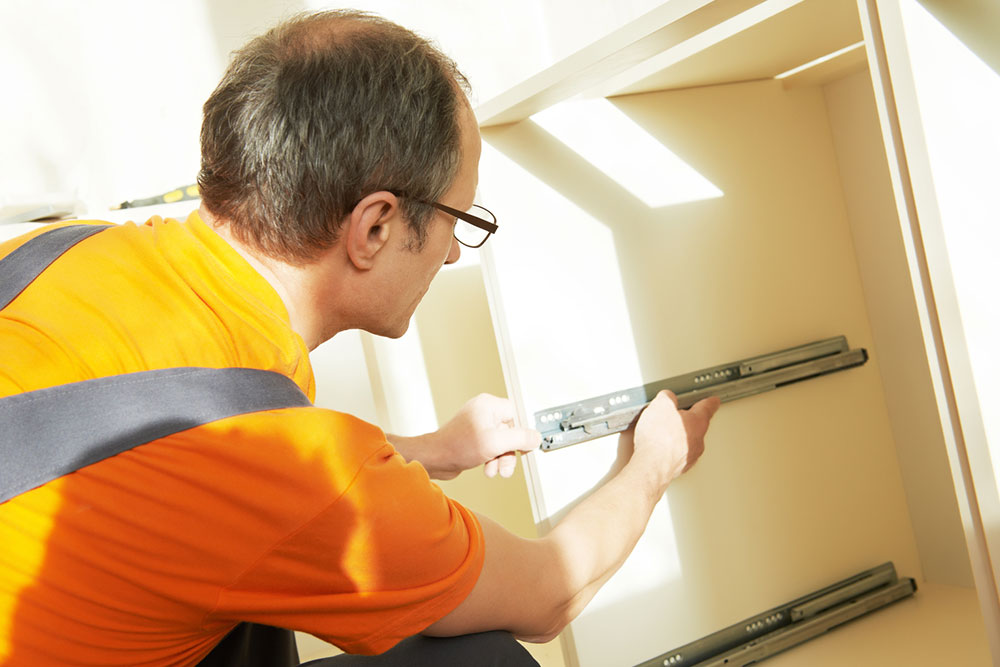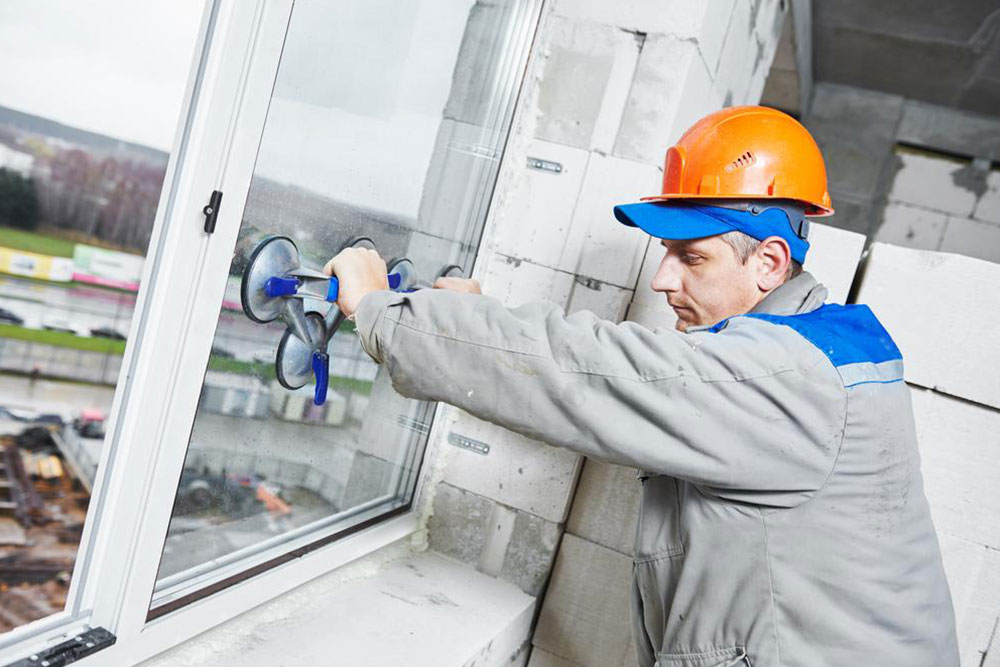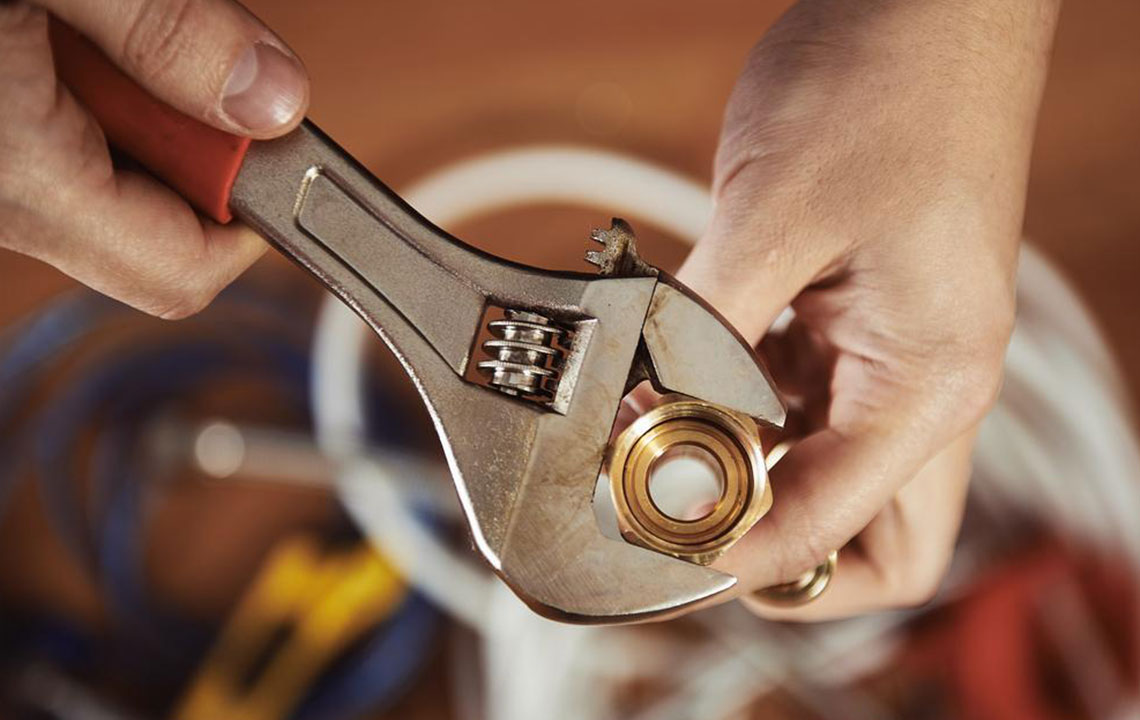Comprehensive Guide: 9 Essential Tips for Selecting the Perfect Carpentry Expert
Discover essential tips for selecting the right carpentry expert, including defining project needs, verifying credentials, reviewing portfolios, and more. This comprehensive guide ensures homeowners hire reliable, skilled professionals for quality craftsmanship and successful home improvements.

In-Depth Strategies for Choosing a Skilled and Reliable Carpentry Professional
Choosing the right carpenter is a crucial step in ensuring your home improvement projects are completed to the highest standards. Expert carpentry can transform your living space, providing not only functionality but also aesthetic appeal through custom woodwork, furniture, and structural enhancements. Whether you need a simple shelving unit, intricate wood detailing, or major structural work, selecting a qualified and trustworthy carpentry professional is essential. While online shopping for ready-made furniture offers convenience, custom carpentry delivers personalized, high-quality solutions tailored precisely to your style and requirements. Unfortunately, many homeowners overlook vital factors when hiring a carpenter, which can lead to disappointing results or unnecessary costs. This comprehensive guide will walk you through the nine most important tips to help you find an experienced, reputable, and skilled carpentry expert who can bring your vision to life.
1. Clearly Define Your Project Needs and Goals
Before starting your search, it’s vital to understand exactly what type of carpentry work you require. Are you looking for structural framing to reinforce a building or the installation of custom furniture? Perhaps you want intricate wood detailing, cabinetry, or flooring. Each carpentry specialty requires different skills and tools, so clear definitions of your project scope are crucial. Compile a detailed list of your needs, including measurements, materials, and design preferences. Knowing whether the project involves basic tasks like wall paneling or complex custom cabinetry helps in choosing the right professional with specific expertise. Precise requirements also provide a solid foundation for requesting accurate quotes and timelines, minimizing misunderstandings during the project execution.
2. Gather Recommendations and Personal References
Word-of-mouth remains one of the most reliable methods for finding reputable carpentry professionals. Ask friends, family members, neighbors, or colleagues about their experiences with local carpenters. Personal testimonials can reveal valuable insights into the professionalism, punctuality, and craftsmanship quality of potential contractors. A contractor with glowing recommendations from trusted sources is more likely to deliver satisfactory results. Additionally, consider searching online reviews, rating platforms, and community groups for feedback. When you receive a recommendation, ask for specific details about their project, the contractor’s communication, and work quality. This proactive approach helps filter out less reliable options and ensures you select a carpenter with proven expertise and a good reputation.
3. Verify Credentials, Licenses, and Insurance
Professionalism is reflected in proper licensing and certifications. Confirm that your chosen carpenter is licensed according to local regulations and holds relevant certifications for specialized work. Licensing indicates they have met industry standards and possess the necessary skills. Equally important is verifying their insurance coverage. A reputable contractor should have liability insurance and worker’s compensation coverage to protect you from potential accidents, damages, or injuries during the project. Proper documentation not only demonstrates legitimacy but also provides peace of mind, knowing that you’re working with a qualified and accountable professional. Don’t hesitate to request copies of their licenses and insurance policies and ensure they are up-to-date.
4. Review a Portfolio of Past Projects and Client References
Requesting samples of completed work is an effective way to assess a carpenter’s style, craftsmanship, and versatility. A professional carpenter should readily provide a portfolio, whether in physical form or digital images, showcasing a variety of projects similar to yours. Take your time to examine the quality of joinery, finishing, and overall design aesthetic. Moreover, speak to previous clients if possible, to gain feedback about their experience, adherence to deadlines, and project outcomes. Reliable carpenters are proud to share references and are transparent about their work’s success and any challenges faced. Visual evidence of their craftsmanship combined with positive client testimonials can reassure you that you’re making an informed decision.
5. Obtain and Compare Clear Cost Estimates
Request detailed written quotes from multiple carpenters to compare prices accurately. Cost factors include labor charges, materials, design complexity, and project duration. Be cautious of bids that are significantly lower than others, as they may indicate subpar materials or unfinished work, while excessively high quotes may not be justified. A professional contractor provides transparent estimates breaking down costs per item and phase of work. Understand the payment schedule—whether there are deposits required or progress payments. Clear, comprehensive estimates facilitate budgeting and help prevent unexpected expenses. Engaging in open discussions about costs ensures both parties are aligned and sets a foundation for a smooth project execution.
6. Clarify Project Timeline and Milestones
Discuss and agree upon a realistic timeline covering all phases of the project, from initial planning and material procurement to construction and final inspections. A reputable carpenter should provide an estimated schedule, including specific milestones for each step. Understanding the timeframe helps you plan accordingly and ensures expectations are aligned. Delays can occur, but proactive communication about potential issues is a sign of professionalism. Clarify whether the contractor has other scheduled projects and how they prioritize your work. A well-structured timeline minimizes inconvenience and guarantees that your project advances smoothly toward completion within the agreed-upon period.
7. Investigate After-Sales Support and Warranty Services
Post-project support can be critical, especially for structural elements or custom furniture that may require maintenance or repairs over time. Inquire whether the contractor offers warranties for their work and materials. Ask about the scope and duration of these warranties and whether they include free repairs if issues arise after completion. Emergency services or maintenance support can save you significant costs and inconveniences later. Knowing that your contractor stands behind their work provides confidence and peace of mind, underscoring their commitment to quality and customer satisfaction.
8. Examine Equipment and Tools Used in Projects
Modern, precise tools are essential for achieving high-quality finishes and complex woodworking tasks. Inspect whether your potential carpenter uses up-to-date equipment, including power tools, measurement devices, and finishing machines. Advanced tools enhance accuracy, reduce errors, and enable the execution of intricate designs. A knowledgeable carpenter invests in good equipment to ensure professional results. The familiarity and maintenance of their tools also reflect their expertise and commitment to quality craftsmanship. Don’t hesitate to ask about specific tools or techniques they employ—this insight helps you gauge their professionalism and readiness for your project.
9. Communicate Effectively and Ask Relevant Questions
Finally, maintaining open communication is vital throughout your project. Don’t hesitate to ask questions about the materials, techniques, or potential challenges. Clear communication not only prevents misunderstandings but also builds trust between you and your contractor. An attentive carpenter who listens to your concerns and provides answers demonstrates professionalism and dedication. Establishing a solid working relationship early helps ensure the project proceeds seamlessly, on time, and within budget. Remember, a skilled carpenter values transparency and is willing to discuss options, alternatives, and solutions tailored to your needs.





